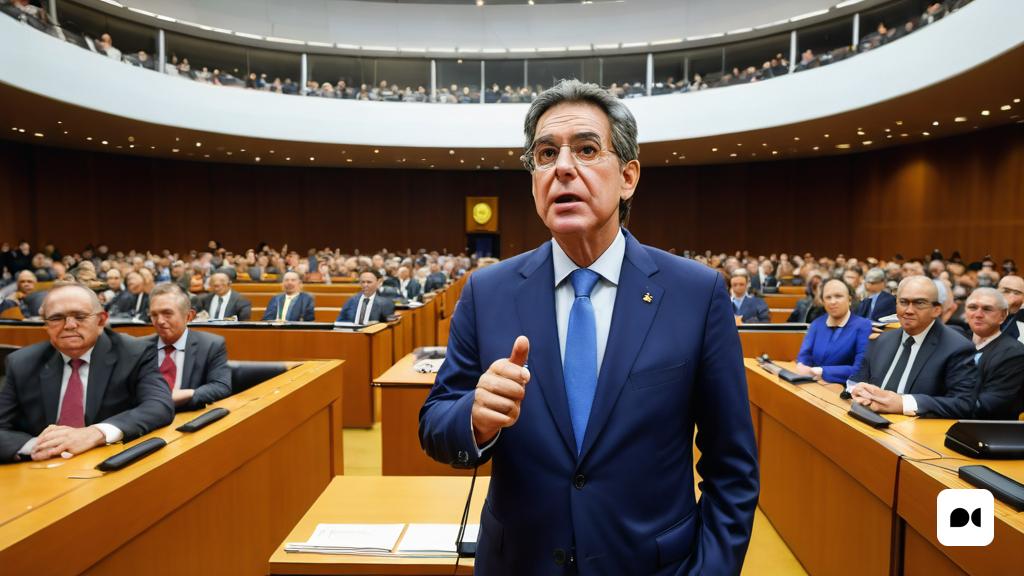A Defeat for Various Political Actors
The recent approval of the amnesty in Spain has generated various reactions and reflections in the political sphere. Beyond partisan positions, it is important to analyze how this event has impacted different political actors in the country.
Firstly, the amnesty has represented a defeat for Salvador Illa, who initially was against this measure on repeated occasions. However, he finally aligned himself with Pedro Sánchez, which evidenced a significant change in position. This turn has also meant a defeat for the Popular Party and Vox, who, if they had been in power, would probably have promoted a similar measure.
Furthermore, the approval of the amnesty has led to a reflection on the limits of Spain as a nation. It has been pointed out that this event has highlighted the need for the country to recognize its excesses and align itself with international recommendations on human and political rights. In this sense, it has been highlighted that Europe has sent a clear message to Spain, indicating that sovereignty should not be used to persecute democrats, but to guarantee the protection of fundamental rights.
Reflections on the Democratization of Spain
The approval of the amnesty has also raised reflections on the democratization of Spain. It has been highlighted that this event has led to a deep evaluation of the democratic situation in the country, with calls to comply with international regulations on human and political rights. It has been emphasized that, if Spain decides not to comply with this law, its defeat as a democracy would be even greater.
Likewise, it has been highlighted that the approval of the amnesty has represented a challenge for various political actors and jurists, evidencing the need to maintain firm positions and not give in to proposals that could compromise the country’s democratic principles.
A New Stage to Address Conflict
Finally, it has been proposed that the amnesty represents the beginning of a new stage to address the conflict in Spain. It has been highlighted that, although some consider this measure a defeat, it also opens the possibility of focusing efforts on improving coordination and working towards a more constructive future. It has been stressed that, instead of focusing exclusively on the fight against repression, it is time to focus energy on strengthening collaboration and moving towards common goals.
In conclusion, the approval of the amnesty in Spain has generated a series of reflections on the impact of this measure in various political and social spheres. Beyond partisan positions, it is essential to consider how this event has redefined the country’s political landscape and has posed new challenges and opportunities to move towards a more democratic and collaborative society.

